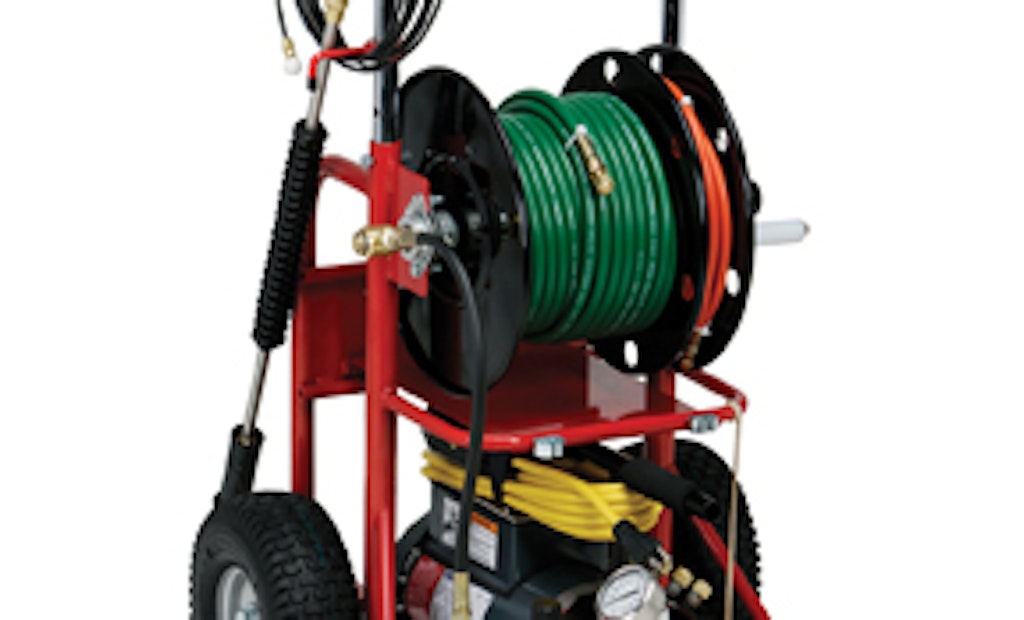Drains serve a significant purpose in our homes. Yet, most people handle drain cleaning poorly due to obliviousness or lack of the right tools for the job. Either way, it is important noting that poor handling of the drain cleaning process may cause typical inconveniences. In most cases, a stoppage will signal that it is time for drain cleaning.
Fortunately, the common troublesome problems can easily get fixed independently, especially if you know the right tools to tackle the issues. Be aware, acting shoddily with the simple issues could result in more serious problems that require far-reaching repairs and can be costly. One of the best ways to avoid that is choosing the right drain cleaning tools and following the guide below on how to do it properly.
1. Check the Type of Drains
Every home has various types of drains in the kitchen, bathroom, and cleaning areas. These drains vary with factors like size. Consequently, the drain cleaning tools vary in size and power needed to get the job done successfully. Primarily, check to differentiate drains with small-diameter drain lines like sinks, laundry tubs, roof vents. These drains require hand-held tools with a smaller diameter. Other drains, like bathtubs and showers, utilize drum traps which are different from small-diameter drains as they are not affected by tight bends and narrow lines. Therefore, such drains have special cleaning equipment that travels down the line, knocks out the stoppage vitally without harming the pipes.
Finally, check the drains in the toilets and urinals. They also require different tools to clean them effectively. Equipment that can go through the bowl as quickly and easily, guiding the cable around tight bends in the bowls. But why is it crucial to check the type of drains? Understanding the kind of drains will help you avoid damaging the system with the wrong tools, which can be expensive to repair.
2. Study the Types of Tools
The only way to choose the right drain cleaning tools is to know the several types designed to help tackle different drain issues. Basic drain cleaning tools and electric drain cleaning tools are the main options you can explore depending on the issue you face.
The basic drain cleaning tools involve equipment like the liquid drain cleaner, which you easily reach for when the drains have simple clogs. Notably, some basic drain cleaning tools jointly get used with other tools when you want to complete the job permanently. For example, you can push through or break up stoppage with the simple tool, then use an auger to remove it completely. The auger design can grab the clog from the source then pull it out efficiently.

On the other hand, the electric drain cleaning tools come in handy when dealing with serious issues that require more power to clean. Examples of common electric drain cleaning tools include drum machines and water jetters, which use high force levels to push hard and soft blockages through the lines.
But what’s the best way to get informed about the types of drain cleaning tools? Qualified technicians who deal with all drain cleaning equipment are the best to enlighten you about the tools. The professionals provide you with all the information you need to know about types of drain tools and offer them for sale as well.
3. Identify the Type of Stoppage
There are different types of drain stoppage. Therefore, you can experience backed-up drains, slow drains, or stagnated water in some of the commonly used areas. The main categories include grease, object, hair, and vegetation clogs. Distinguishing the cause of stoppage essentially helps identify the type of clog, and you can easily prevent the issue after unclogging. Ultimately, exactly knowing is convenient in determining equipment design that can solve the problem the first time to avoid many attempts that can create more damage.
Considering the above ideas is the first step to choosing the right tools for cleaning your drains. Subsequently, consult with the right experts who offer an extensive collection of equipment to help you finish the course successfully. With the right tool, you will get the job done faster; it eases the job and reduces your maintenance expenses. An expert is also a good source of help when you find it hard to do it personally.




